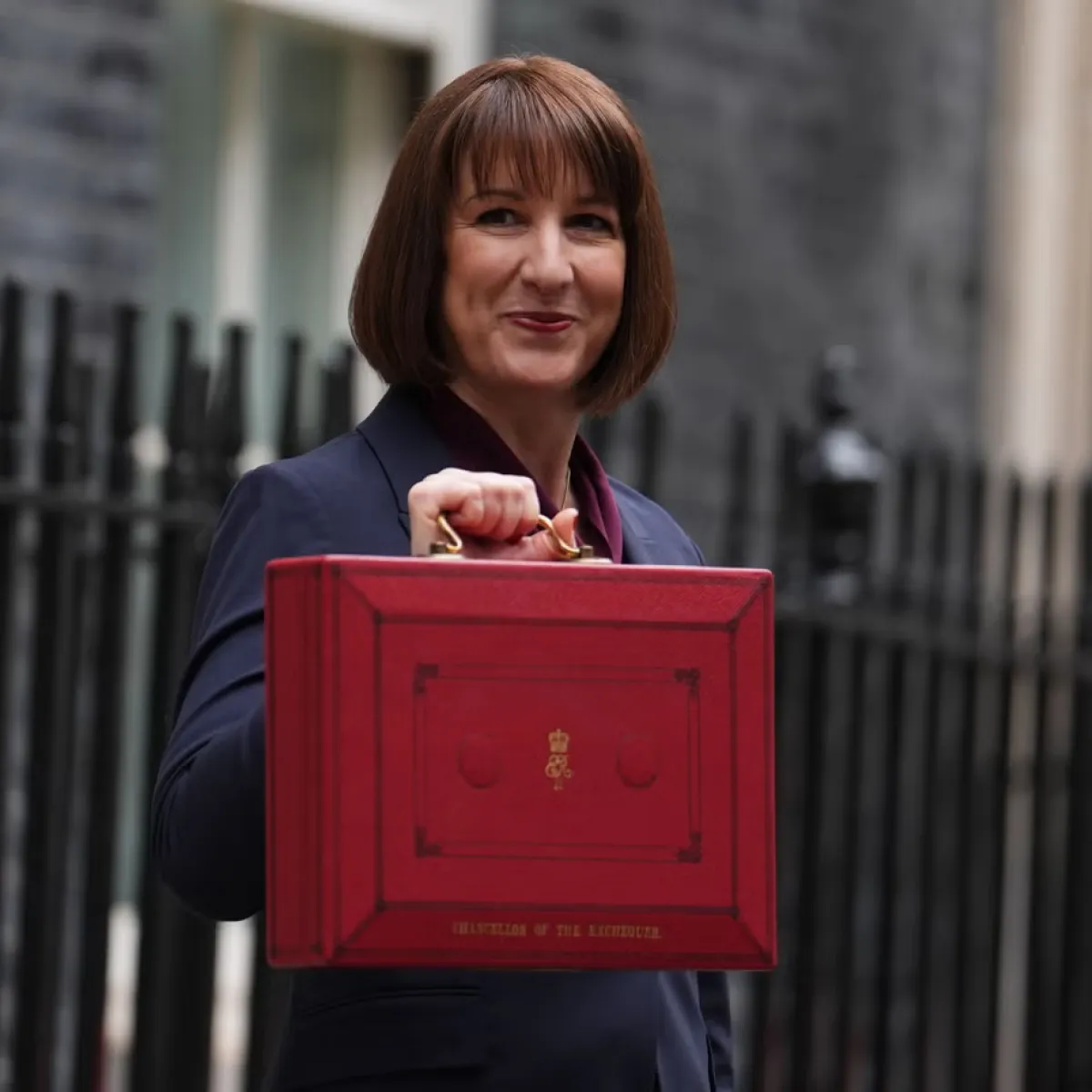This website uses cookies. Learn more
Imogen Naldrett, Political Consultant at Lansons shares insights from our recent panel discussion on Labour’s first year in office, which has marked a pivotal period for UK politics and industry.


To mark the one-year anniversary of the Labour Government coming to power, following a seismic result at the General Election on 4th July 2024, Lansons recently hosted a lively panel discussion to explore some of the highs and lows of the last year for Labour and Westminster politics more broadly – and what the next 4 years may look like.
Hosted by Mitchell Cohen, Director of Public Affairs at Lansons, the event heard from Chris Curtis, Labour MP and Chair of the Labour Growth Group, Anna Gross at the Financial Times, and Andrew Cook from the Tony Blair Institute.
Below we reflect on the key insights and takeaways from the panellists, including Labour’s most significant successes, missed opportunities, and what they should look to achieve over the next 12 months to take back control of the narrative.
The Labour Government: One Year On
1. There are areas of significant success that offer a foundation to build upon
Widely acknowledged as one of the Government’s most radical and effective delivery areas, with the potential to unlock billions in economic activity, the reforms to planning policy have been widely welcomed. Similarly, its vision for AI-enabled public sector productivity improvements, particularly as part of its 10-year NHS Plan, is seen as credible and ambitious, and particularly on the international stage, Starmer is seen as a sensible leader who can bring major players together.
2. The Government faces significant barriers to delivery – some of which are self-imposed
A number of Labour voices – both in the room and in Westminster – have suggested that the Chancellor’s pledge not to raise VAT, income tax or national insurance levels has unnecessarily constrained the Treasury and is a short-sighted promise fated to be broken. Senior Labour figures have been pushing for tougher fiscal decisions, in order to support credible investment and policy delivery.
3. Starmer is seen to be in office but not in power
Despite a commanding majority, domestically the Government is widely perceived to have lost control of the narrative and, recently, a number of its own MPs – having had a taste for rebellion at the recent vote on welfare reforms and, initially, the Assisted Dying Bill. A rumoured upcoming reshuffle could provide the necessary opportunity to draw on fresh talent and mitigate against some of the tensions growing among backbenchers, while allowing No 10 to better use its authority and throw its weight behind its priority projects and drive alignment across departments.
4. The comms challenge
Successes are always easier to convey than complex challenges, but the Government has struggled to effectively communicate its vision to the public and what “economic growth” will look like on an individual level. Recent high-profile U-turns have further confused the messaging, and while one or even a number of concessions do not mean the death of a government, it inevitably makes it more challenging to bring members of the public – and your own party – on the journey with you.
5. The Autumn is looking increasingly uncomfortable for the Chancellor
Taxes will have to rise in the Autumn budget, a fact that has seemed likely for months but is now inevitable following the welfare reform concessions. This may come from the previously off-limits trinity of income tax, VAT or national insurance, or possibly from threshold freezes and fuel duty adjustments.
6. Looking forward
Panellists agreed that Starmer and his Cabinet should take the upcoming Summer Recess to recharge, reflect and reset. Progress has been made and looking forward, there are a number of areas – namely energy security and public sector digitalisation – that offer enormous gains, both economically and politically, if they can be delivered well and – crucially – communicated well.
While some may feel the Government has not used its first year in power to its maximum potential, the first 12 months are always the hardest, and aren’t cause to write Labour off just yet. Ultimately, if a week is a long time in politics, the remaining four years under this Labour Government is a substantial window of opportunity for its leadership to sharpen its message, deliver against its public priorities, and project a stronger sense of purpose.
**
Heading to Party Conference?
This Party Conference season is set to be the largest annual event in the UK party-political calendar. We build tailored party conference programmes for clients, designed to deliver real influence. From private roundtables and 1-1 stakeholder meetings to curated fringe activity and full briefing packs, our team delivers everything you need to cut through and be heard.
If you’d like to know more about what we can do for your business at this year’s party conferences, please get in touch with our team or download our Party Conference Toolkit.
Stay in the loop with our experts




New Business: to find out how we can help you, contact our dedicated new businesss team consultancy@lansons.com
Careers: we’d love to hear from you, please visit our careers hub











